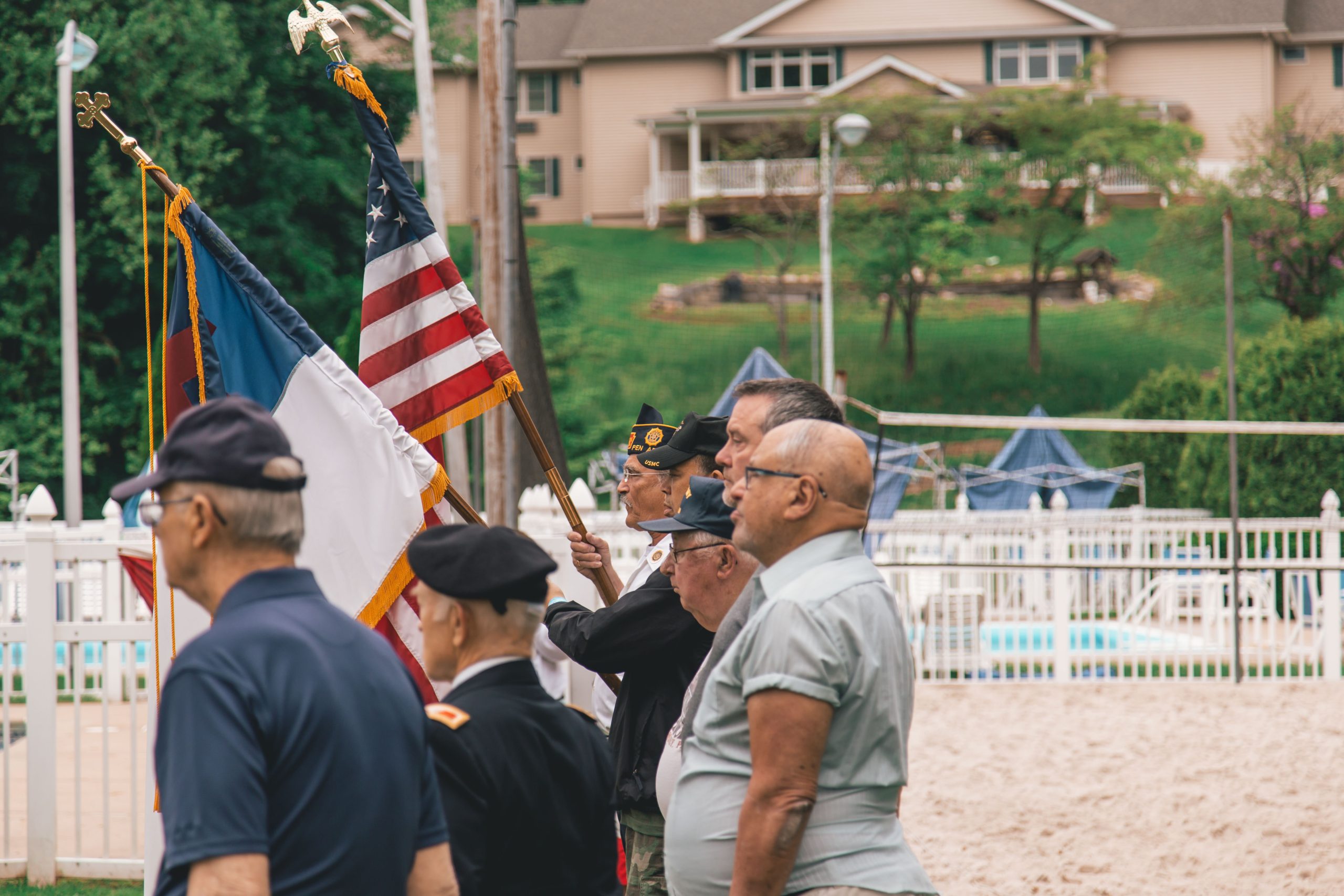Effective Communication Techniques for Alzheimer’s Caregivers

The image is not directly related to the article. It merely symbolizes the life of elderly people.
Effective Communication Techniques for Alzheimer’s Caregivers
What is Alzheimer’s disease?
Why is effective communication important for Alzheimer’s caregivers?
Effective communication is crucial for Alzheimer’s caregivers because it helps them connect with their loved one, understand their needs and preferences, and provide the best possible care. It also reduces frustration and stress for both the caregiver and the person with Alzheimer’s.
What are some effective communication techniques for Alzheimer’s caregivers?
Some effective communication techniques for Alzheimer’s caregivers include:
- Use simple and clear language
- Speak slowly and calmly
- Avoid distractions and noisy environments
- Use nonverbal cues, such as facial expressions and gestures
- Be patient and understanding
- Encourage and validate their feelings
- Ask open-ended questions
- Repeat important information
- Provide visual aids, such as pictures or written instructions
How can caregivers improve their communication skills?
Caregivers can improve their communication skills by:
- Attending communication training programs or workshops
- Reading books or articles on communication and Alzheimer’s disease
- Talking to healthcare professionals and other caregivers for advice and support
- Practicing active listening and empathy
- Reflecting on their own communication style and behaviors
What are some common communication challenges for Alzheimer’s caregivers?
Some common communication challenges for Alzheimer’s caregivers include:
- Memory loss and confusion
- Difficulty finding the right words
- Repetition and tangential speech
- Agitation, frustration, and aggression
- Loss of social skills and emotional control
How can caregivers handle communication challenges?
Caregivers can handle communication challenges by:
- Staying calm and patient
- Using positive language and tone of voice
- Acknowledging and validating their loved one’s emotions
- Redirecting the conversation to a different topic or activity
- Using humor and creativity to diffuse tension
- Seeking professional help or support when needed
In conclusion, effective communication is essential for Alzheimer’s caregivers to provide the best possible care and enhance their relationship with their loved ones. By using simple language, nonverbal cues, and patience, caregivers can overcome communication challenges and improve their skills over time. Seeking support and education can also help caregivers cope with the emotional and practical demands of caregiving.
The image is not directly related to the article. It merely symbolizes the life of elderly people. Effective Communication Techniques for Alzheimer’s Caregivers What is Alzheimer’s disease? Alzheimer’s disease is a progressive neurological disorder that affects memory, cognitive abilities, and behavior. It is the most common cause of dementia and typically affects people over the…
Recent Posts
- Empowering Caregivers: The Best Online and Offline Resources to Enhance Your Skills
- Traveling with a Purpose: The Rise of Volunteer Vacations
- Breaking Stigma: Dispelling Myths about Mobility Aids and Disability
- Avoiding Probate: How Trusts Can Simplify the Estate Settlement Process
- Senior Citizens Beware: Common Financial Scams and How to Stay Protected

